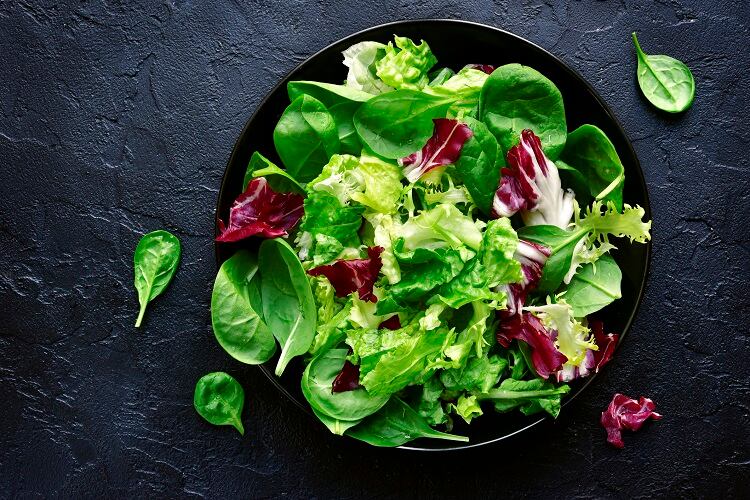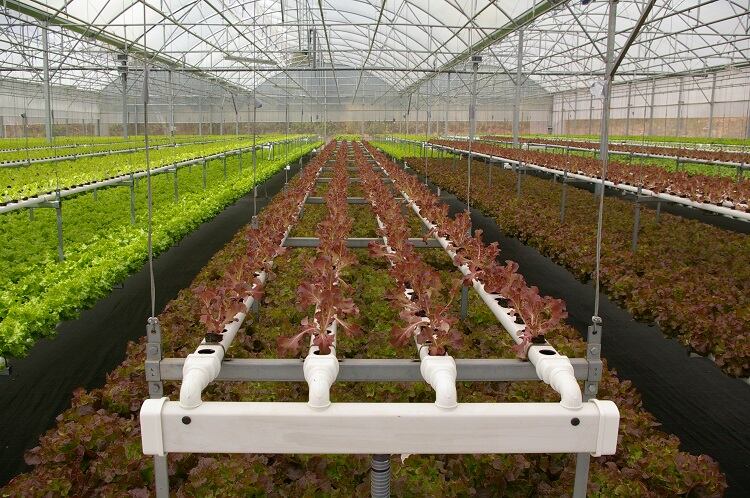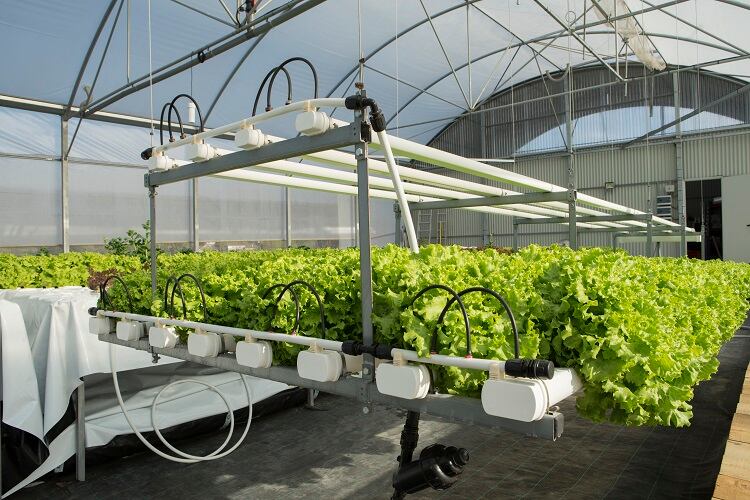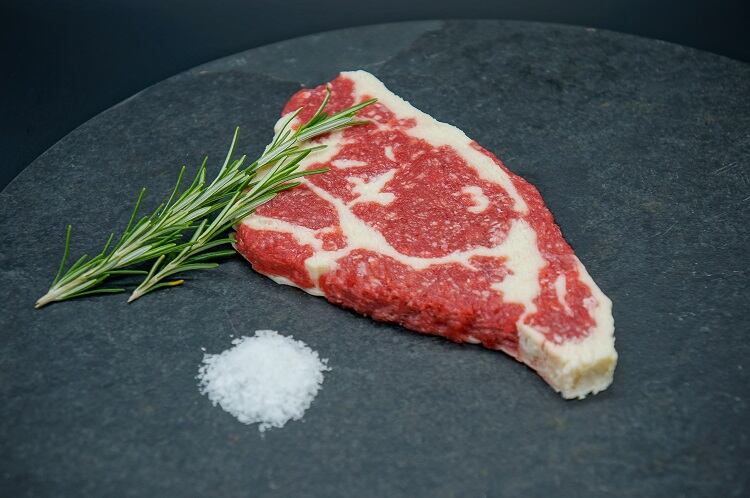Atlantic Farms takes issue with the number of food miles travelled between field and plate.
Using loose-leaf salads as an example, the Spanish start-up says in Europe, each bag travels more than 15,000 to reach the consumer. This figure is concerning, suggested CEO Rafael Pereira, given that 60% of households in Europe consume salad regularly.
“This journey is repeated six days a week and 52 weeks a year. It starts in [the field] and goes to different factories across Europe. After a long journey of 2,000km, 48 hours later, the food finally reaches consumers,” he told delegates at start-up accelerator Eatable Adventure’s demo day this week.
This process – based on a conventional, centralised model – is unsustainable, Pereira stressed. “It results in a carbon footprint of 1kg CO₂ for every 1kg of product.”
High-tech cultivation system
Atlantic Farms’ solution is localised, rather than centralised. “We produce what consumers are demanding: a local product free of pesticides, packaged in compostable materials, and adapted to local markets and local tastes,” said Pereira.
Specifically, the start-up is leveraging vertical farming and ‘high-tech’ greenhouses that can adapt to ‘any climate or location’. “It makes cultivation possible in the most extreme climates in the world, from the Emirates to Greenland.”

The start-up claims its cultivation methods are more environmentally friendly than conventional agricultural practices. Specifically, the CEO said its production methods reduce its product’s carbon footprint by 90%, its hydroponics use 95% less water, and reduces fertilizer use by 55%.
The salads will be packaged in compostable materials, which Pereira said ‘eliminates 2,000 tonnes of single-use plastic from the market’.
Market opportunity
Atlantic Farms is convinced the ready-to-eat salad market has much potential. As it stands, the market is valued at €2.3bn across the ‘five main markets in Europe’, with a projected annual growth rate of 8.2%, we were told. This will take the market value up to €4.2bn by 2028.
Compared to consumption rates in the UK, Europe has far to go. “Consumption in Europe is only 1.75kg compared to the mature market of the UK which is 7.5kg per capita. This indicates the growth potential of the market,” elaborated the CEO.
Concerning competition, Atlantic Farms says other players have ‘identical product packaging and value propositions’, and propose the ‘old way of doing agriculture’, which involves imported production.
The start-up is targeting regional retailers – a sector that largely aligns with Atlantic Farms’ ‘100% localised’ approach. With a market share of 50% in their ‘influence areas’, the CEO said regional retailers are often looking for ‘different local and sustainable products’ that differentiate themselves from the competition.
“Thanks to our process of optimisation, we offer the best product in the market with an additional 5% profitability for our customers,” he continued.

Atlantic Farms seeks to be stocked in major Spanish regional retailers such as Eroski, Frutas Nieves, and Grupo Cuevas. This would give the start-up more than 300 points of sale.
By 2022, the start-up will be cultivating salad varieties over one hectare to produce 300,000kg worth of product. In the future, it expects to have increased capacity to 18 hectares, with volume increasing to 5.8m kgs.
In the first year, Atlantic Farms expects to boast a turnover of €3m. By 2030, the start-up says this will have increased to €55m, with an EBIDTA of €38m and a contribution margin of +65%.
“Today, sustainable agriculture is fully local,” the CEO concluded, “and local is fully sustainable”.




